Indie is one of the slipperiest cultural terms in modern America.
What makes a game indie?
Can a game that has a publisher be one? If so, how big of a publisher?
Do graphics, music, and style have anything to do with an indie classification?
I like arguing in circles attempting to define the undefinable. Let it commence.
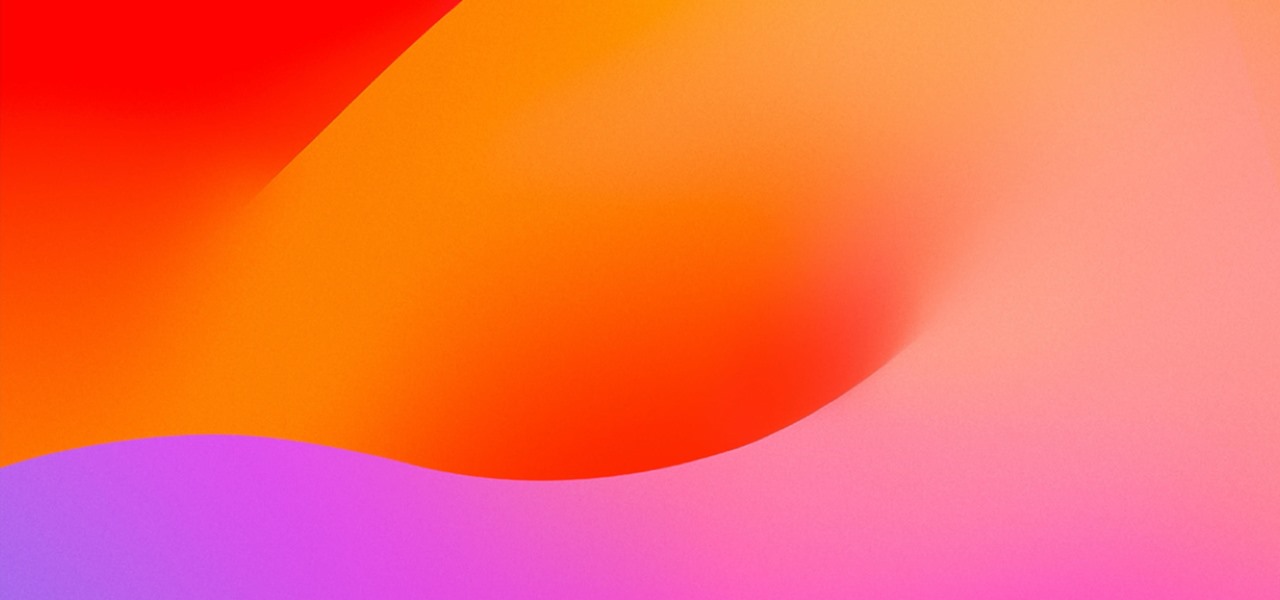




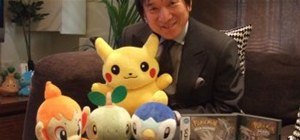




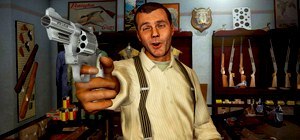
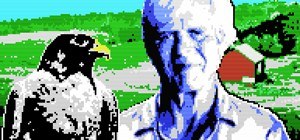


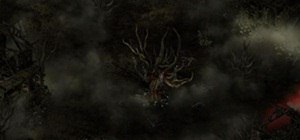
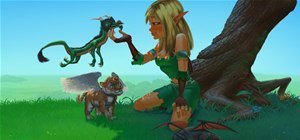
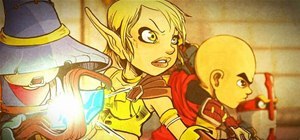
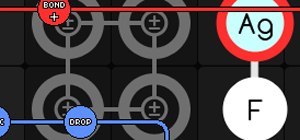


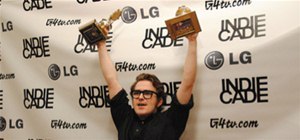


3 Responses
The only definition for indie that I have is a game that is not developed or funded by a current gaming company.
So to me it's not the scope, style, or size of the game, it's just merely where its foundation came from. It doesn't matter if it was a game created by one person on the side, or if dozens of people worked on it, contributing bit by bit. But if the game is funded or part of a project in a regular game company, then it's just a regular game, no matter how small or unique it is.
One example would be Minecraft. I would consider Minecraft an Indie game, but I would consider everything else made afterwards from Notch (the creator) to be a regular game. MC was made on the side while Notch has a regular job. Now that MC has made him a lot of money, he now has quit his day job and formed his own game company with two new games on the planning stages. I would consider anything after MC to be regular games because now that Notch is part of the industry, it is no longer Indie.
So is it impossible for there to be a independent game studio?
Or for someone to be a full-time indie game designer at all?
What would you call a game studio that makes games regularly but is not owned by a larger publisher or other company, like Double Fine? They self-identify as indie, but have 50 salaried employees and use publishers for distribution (albeit a different one for almost every game). There is certainly room to shoot holes in those indie credentials, but if they aren't indie than what are they? They're not an owned studio like Bungie or Rare either.
Notch and Mojang are a little less assailable to me. Notch funds the company, they don't use a publisher. They're just seven people who want to make awesome games full-time and keep a roof over their heads in the process. I like the idea that there can be professional indie game developers. If there can't be than the definition of indie game become very narrow indeed.
Although, perhaps it should...
I think there are a few things that makes a indie game an indie game. First, I think the graphics should start out slow. But if the game is popular, they will make better games with better graphics. Most games after a popular indie game I don't think should be classified as indie. Once it enters an industry, it shouldn't be classified as indie.
I think the group designing the game should be fairly small at first. As JD said, I think an indie game shouldn't be funded by a gaming company, as this would almost make it too large.
Some bigger indie games include Braid and Minecraft. I definitely include these in the indie game category. They start out slow, then slowly progress.
I don't think music and style have anything to do with classifying an indie game.
Share Your Thoughts